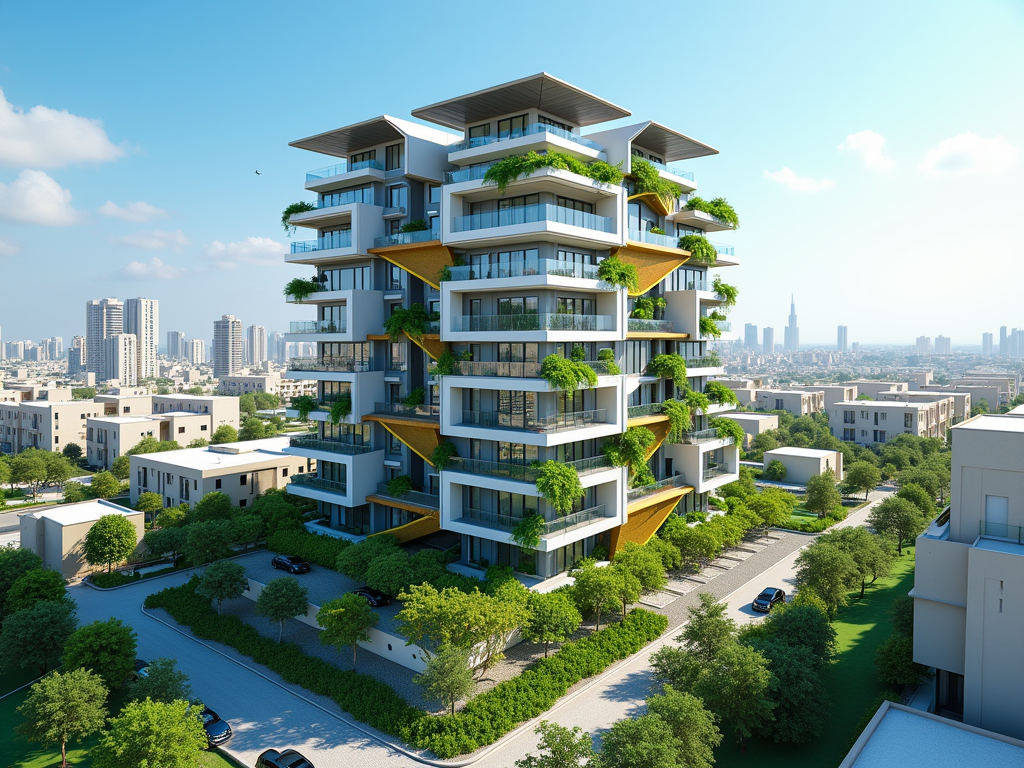
The Dubai Land Department (DLD) plays a crucial role in fostering transparency in property transactions within the Emirate of Dubai. With the booming real estate market and a large influx of foreign investment, ensuring clarity and reliability in property dealings is paramount. The DLD employs various strategies, systems, and regulations that not only safeguard the interests of buyers and sellers but also bolster confidence in the market. This article explores the measures implemented by the DLD to ensure transparent property transactions.
Regulatory Framework

The DLD operates under a stringent regulatory framework designed to protect the rights of all parties involved in property transactions. The government has established a series of laws and regulations that govern real estate practices, which include:
- The Real Estate Registration Law
- The Law on Property Ownership by Foreigners
- The Law on Real Estate Brokers
These laws create a structured environment where property transactions can occur smoothly and fairly. Furthermore, the DLD regularly updates legislation to adapt to market changes and feedback, ensuring continued relevance and effectiveness. By maintaining a dynamic regulatory landscape, the DLD enhances investor confidence and protects against fraudulent practices.
Digital Services and E-Transactions

Technological advancements have been pivotal in enhancing transparency in property transactions. The DLD has adopted a range of digital services aimed at simplifying processes and facilitating the interchange of information. Through their online portal, stakeholders can access various services, including:
- Real estate registration
- Property valuation
- Title deed issuance
This not only reduces the risks associated with fraudulent transactions but also provides real-time access to property data. The use of technology further streamlines communication between buyers, sellers, and brokers, fostering a more open and secure environment for real estate dealings.
The DLD is committed to ensuring that property pricing remains transparent and fair. One of the methods employed is the implementation of a centralized database that records all property sales and leasing transactions. This database allows potential buyers to access historical pricing data, providing them with insights that guide their purchasing decisions. Additionally, the DLD conducts regular market studies to assess property values, which are made accessible to the public. By promoting visibility in pricing, the DLD helps mitigate issues related to inflated valuations and ensures that all parties are informed prior to undertaking significant financial commitments.
Dispute Resolution Mechanisms
To further ensure transparency, the DLD has established robust dispute resolution mechanisms. These systems facilitate a fair and efficient way to handle any disagreements that may arise during property transactions. Key features of these mechanisms include:
- Mediation services to negotiate between conflicting parties
- A clear escalation path to legal reviews when mediation is ineffective
- Access to an experienced panel of experts to provide advisory services
This commitment to resolving disputes amicably provides peace of mind for investors and helps maintain a healthy market. By fostering an environment where problems can be resolved transparently, the DLD reinforces the integrity of the real estate sector in Dubai.
Conclusion
In summary, the Dubai Land Department is a cornerstone of transparency in property transactions within Dubai’s fast-paced real estate landscape. Through a well-structured regulatory framework, innovative digital services, transparent pricing strategies, and efficient dispute resolution mechanisms, the DLD creates a reliable environment that benefits all stakeholders. The measures in place not only protect buyers and sellers but also contribute to the overall health of the property market in Dubai.
Frequently Asked Questions
1. What documents are required for property registration in Dubai?
Essential documents include the original sales agreement, proof of identity (passport or emirates ID), and a no-objection certificate from the developer if applicable.
2. How can I access the DLD’s online services?
You can access the DLD’s online services through their official website, where you can register and use various property-related services available.
3. What should I do if I encounter a dispute during a property transaction?
It is recommended to first attempt mediation through the DLD. If mediation fails, the issue can be escalated to legal channels as per the DLD’s dispute resolution process.
4. Are foreign investors allowed to own property in Dubai?
Yes, foreign investors can own property in designated areas of Dubai. However, they must follow the regulations outlined in the Law on Property Ownership by Foreigners.
5. What role does technology play in property transactions in Dubai?
Technology facilitates seamless transactions, provides access to property data, and helps mitigate fraud, thereby enhancing the overall transparency of the real estate market in Dubai.


